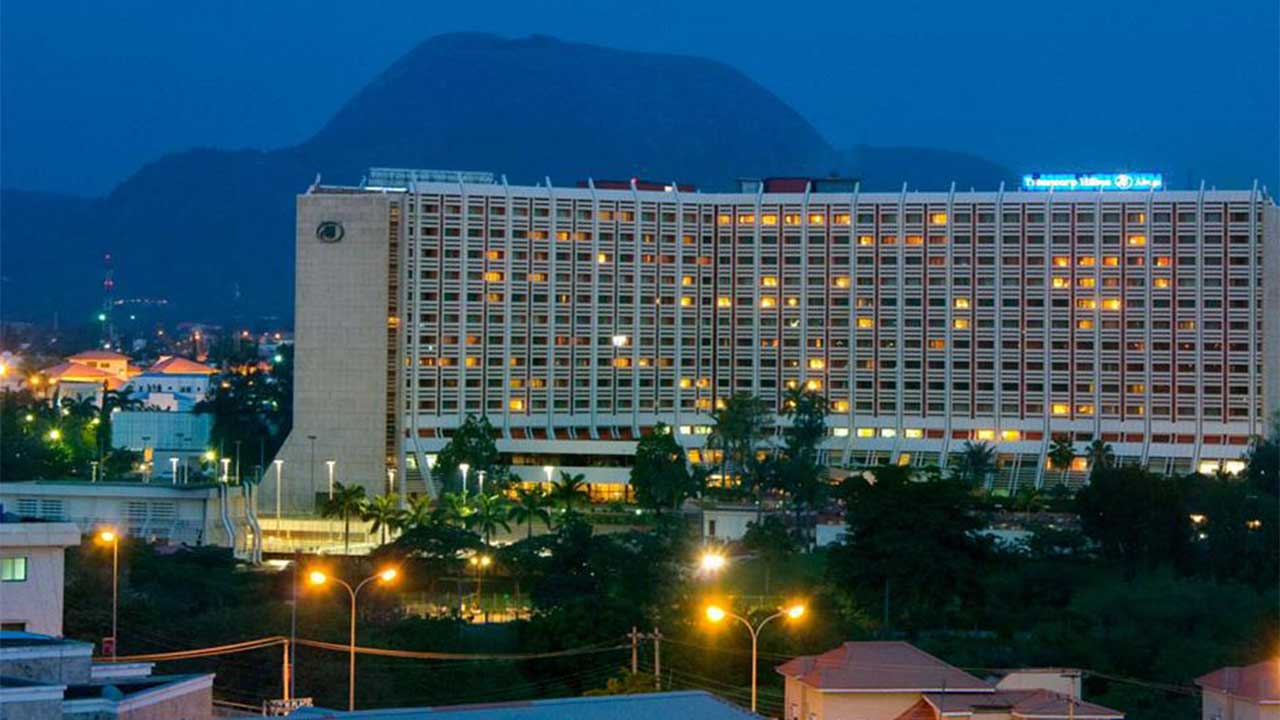Global oil benchmark, Brent crude, rose on Monday to its highest level in a month on rising speculation that major producers may work out ways to support prices in an oversupplied market.
Brent, against which half of the world’s oil is priced, rose by 2.6 per cent to $48.20 per barrel as of 6:05pm Nigerian time.
This came as indication emerged that the Organisation of Petroleum Exporting Countries could revive talks on freezing oil output levels when it meets non-OPEC nations next month.
Nigeria’s output hit its lowest in over two decades this year due to attacks on oil sites, and Libya is pumping a fraction of the pre-conflict level – raising the question of what level they should limit supplies at.
While Nigeria supported April’s freeze initiative, Libya declined to join the talks.
OPEC members will meet on the sidelines of the International Energy Forum, which groups producers and consumers, in Algeria on September 26-28.
Top exporter, Saudi Arabia, appears to favour higher prices, although Iran, Iraq and Russia present obstacles to a deal, according to Reuters.
Saudi Arabia sharply raised expectations for a global production deal, with its Energy Minister, Khalid al-Falih, saying the country would work with OPEC and non-OPEC members to help stabilise oil markets.
“The comments by the Saudi energy minister give a positive indication that they are willing to go for a freeze deal but the question remains: on what level?” said an OPEC source from a key Middle Eastern producer.
“Will the freeze be at January levels? And what about Iran? And then there is Nigeria, which has lost a lot of production since January,” the source added.
The Russian Energy Minister, Alexander Novak, was quoted as saying that Russia was consulting with Saudi Arabia and other producers to achieve oil market stability, adding that the door was still open for more discussions on output freeze, if needed.
Saudi Arabia boosted output to 10.67 million barrels per day in July from 10.2 million in January, when the freeze idea first emerged.
Since 2014, Saudi Arabia, OPEC’s de facto leader, has been raising output to drive higher cost producers out of the market and win back share from rivals such as the United States, where output soared on the back of the high oil price of the past decade.
As a result, oil prices collapsed to $27 per barrel in January from as high as $115 in mid-2014, capping output of the US but also hitting hard Saudi Arabia’s budget and resulting in a record fiscal deficit for Riyadh.
A previous attempt to freeze output at January levels to support prices collapsed in April after Saudi Arabia said it wanted all producers, including regional rival Iran, to join the initiative.
Iran had argued that it needed to regain market share lost during years of Western sanctions, which have been only softened in January.
Over the past few months, Iran, OPEC’s third biggest producer, has boosted output close to pre-sanctions levels and has repeatedly signalled it has no plans to join the freeze initiative.
But since the collapse of freeze talks in April, Iran is no longer the only obstacle to the deal.
Iraq, OPEC’s second largest producer, which in April was saying it would support the deal, has since agreed with oil majors on new contract terms to develop its massive fields, which will allow output to rise further next year by up to 350,000 bpd.
Nigeria and Libya could present further complicating factors, Reuters quoted delegates as saying.


 Forex2 weeks ago
Forex2 weeks ago


 Naira2 weeks ago
Naira2 weeks ago
 Billionaire Watch2 weeks ago
Billionaire Watch2 weeks ago




 Naira2 weeks ago
Naira2 weeks ago




 Naira2 weeks ago
Naira2 weeks ago




 Naira4 weeks ago
Naira4 weeks ago


 Naira6 days ago
Naira6 days ago
 Banking Sector4 weeks ago
Banking Sector4 weeks ago















